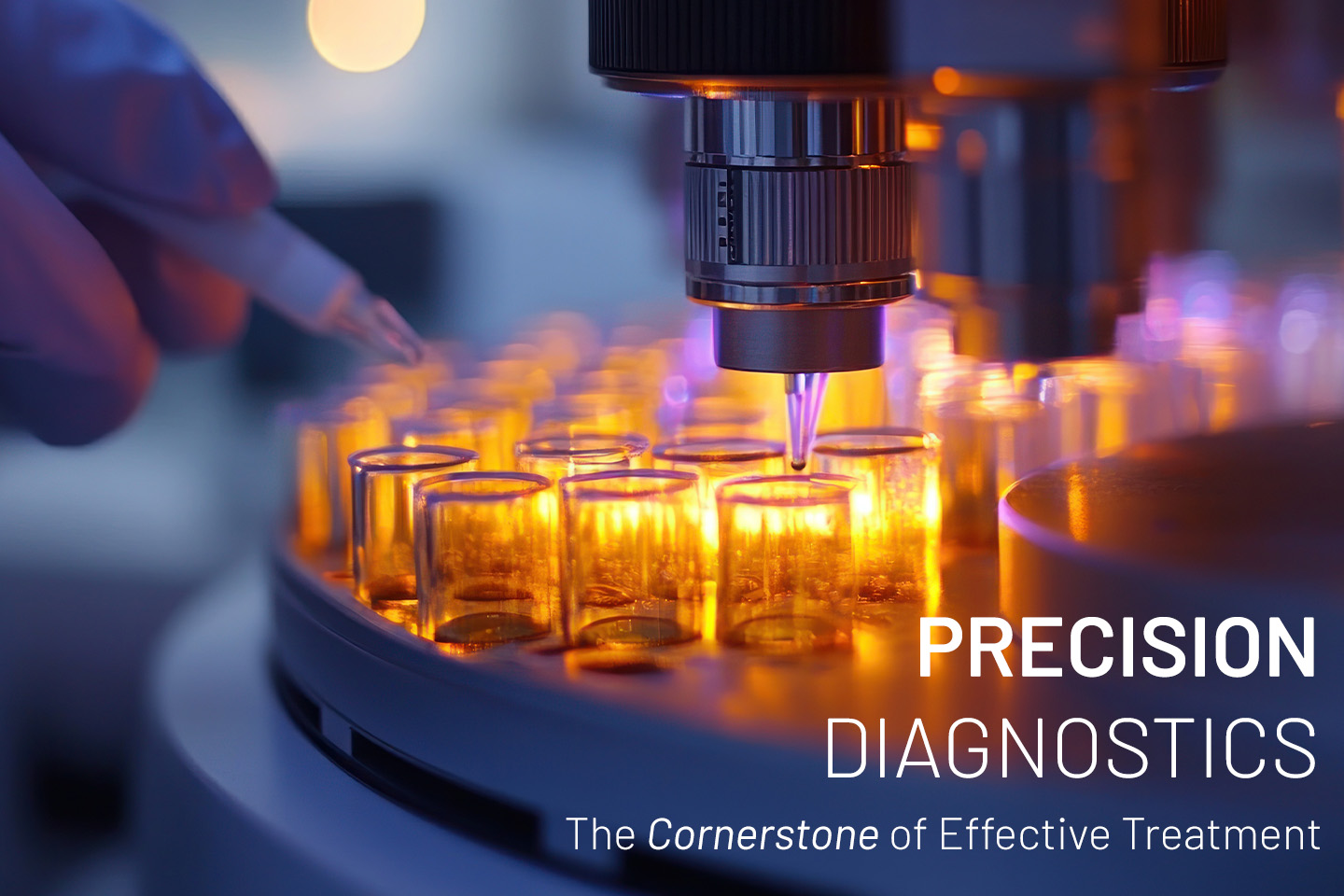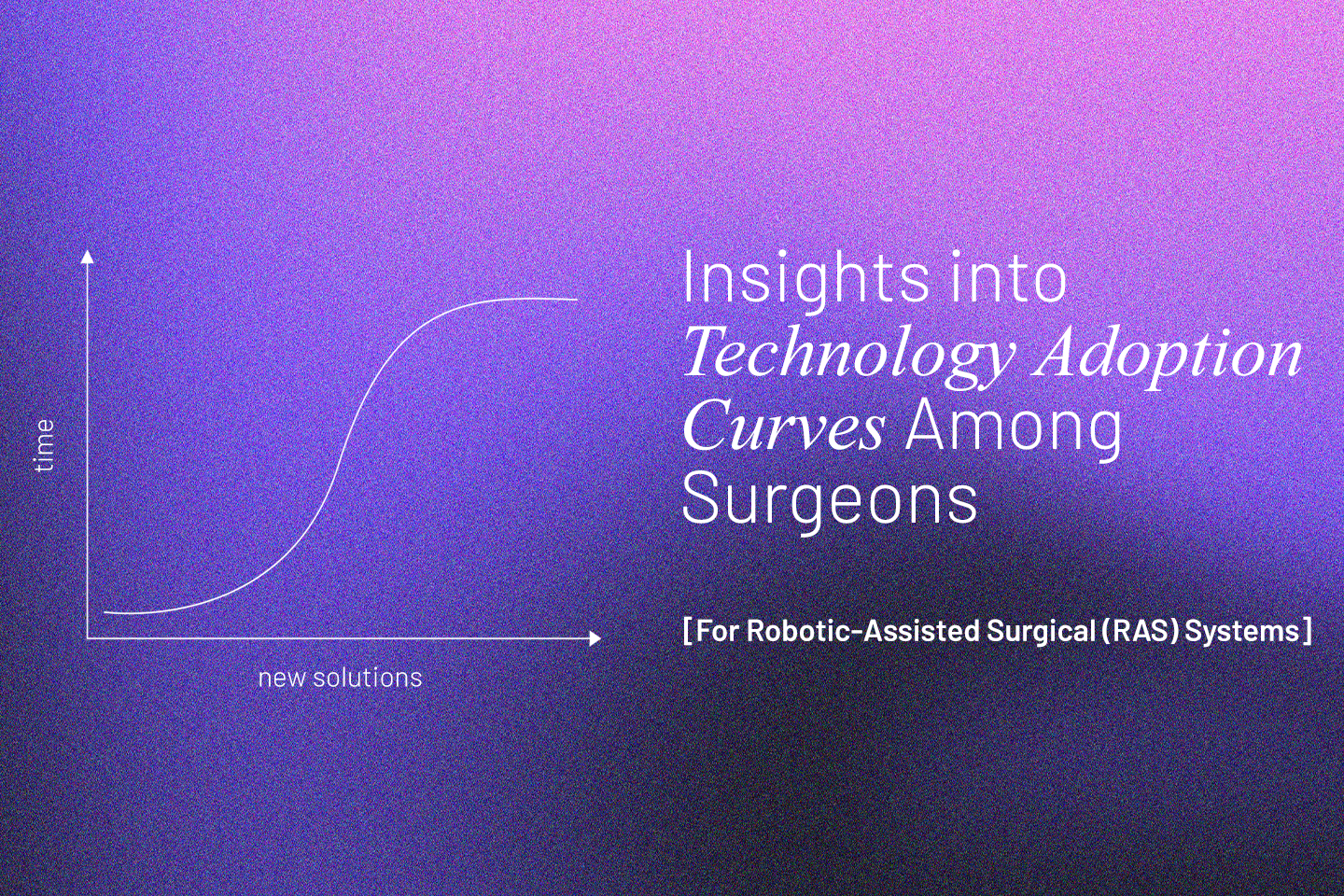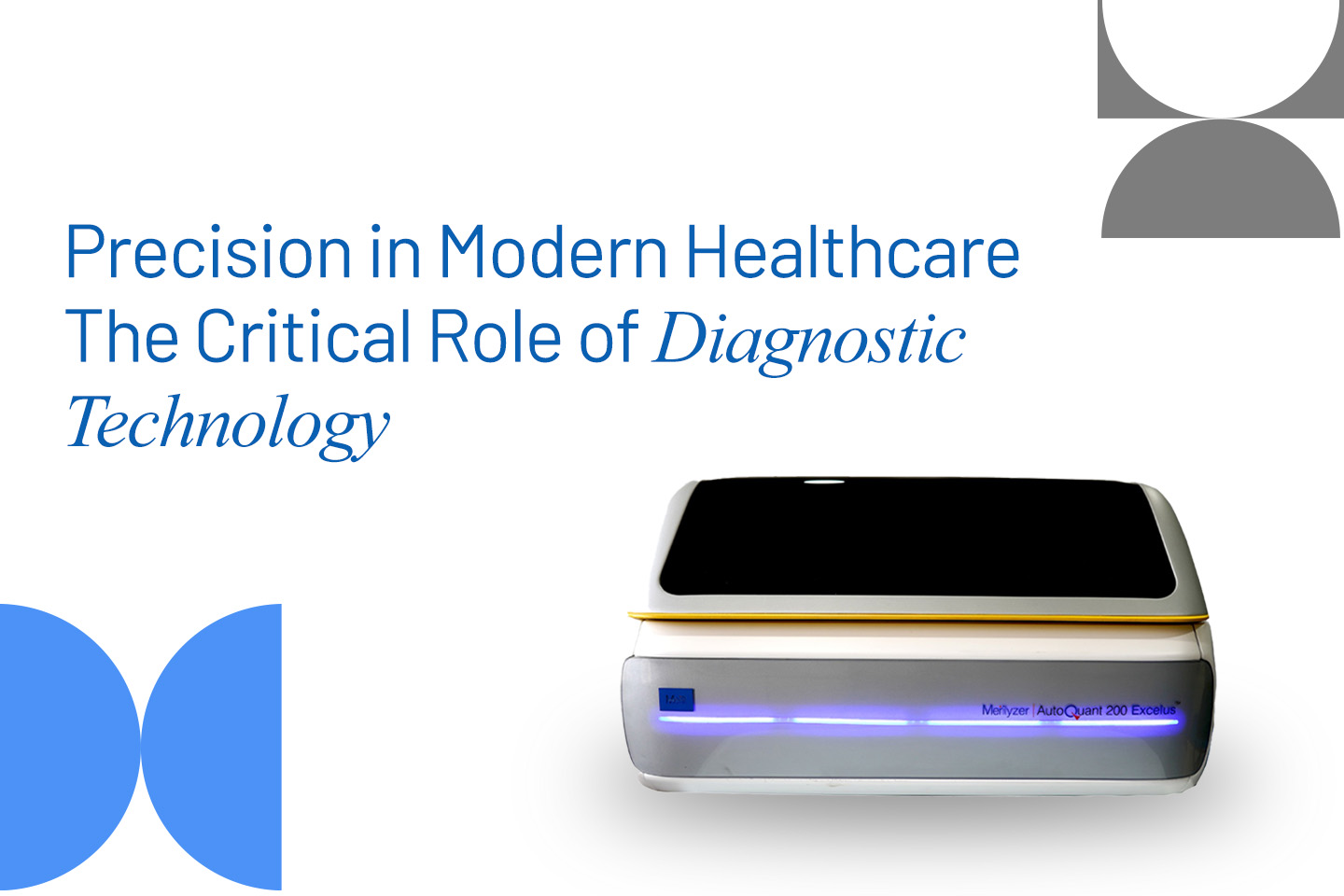Medical Devices
Precision Diagnostics: The Cornerstone of Effective Treatment

In the realm of modern medicine, the importance of accurate and qualitative diagnoses cannot be overstated. The precision of a diagnosis serves as the foundation for effective treatment, influencing patient outcomes and healthcare costs. As the medical landscape evolves with advancements in technology, the demand for reliable diagnostic tools has never been greater. This blog explores the significance of accurate diagnoses and highlights various diagnostic tests that play a critical role in patient care.
The Foundation of Effective Treatment
Accurate diagnoses are essential for several reasons. First and foremost, they guide clinical decision-making. A precise diagnosis allows healthcare professionals to tailor treatment plans that are specific to an individual’s condition, thereby increasing the likelihood of successful outcomes. For instance, misdiagnosing a condition can lead to inappropriate treatments, which may worsen the patient's health or lead to unnecessary complications.
Moreover, accurate diagnoses contribute to efficient resource utilization within healthcare systems. When diagnoses are correct from the outset, it reduces the need for repeated tests and prolonged hospital stays, ultimately lowering healthcare costs. In an era where healthcare expenditures are rising, ensuring that patients receive the correct diagnosis promptly is a critical factor in managing costs effectively.
The Role of Diagnostic Tests
The landscape of diagnostics is diverse, encompassing a variety of tests that cater to different medical needs. Effective testing devices available for central labs, hospitals, and home testing should underpin quality and accuracy. Here are some key types of tests available in the diagnostics sphere:
- Biochemistry Tests: These tests evaluate various chemical components in the blood and other bodily fluids. They help in assessing organ function, metabolic conditions, and overall health status. Common examples include liver function tests (like ALT and AST), kidney function tests (like creatinine), and electrolyte panels.
- Immunoassays: These tests utilize antibodies to detect specific antigens or hormones in the body. They are crucial for diagnosing conditions such as infections (e.g., HIV) or hormonal imbalances (e.g., thyroid disorders). Immunoassays provide rapid results and are often used in point-of-care testing settings.
- Hematology Tests: Hematology tests analyze blood components such as red blood cells, white blood cells, and platelets. A complete blood count (CBC) is one of the most common hematological tests used to assess overall health and detect various disorders like anemia or infections.
- Microbiology Tests: These tests identify pathogens responsible for infections by culturing samples from patients. Techniques such as polymerase chain reaction (PCR) allow for rapid identification of bacterial or viral infections, facilitating timely treatment interventions.
- Molecular Diagnostics: This cutting-edge field focuses on analyzing genetic material to diagnose diseases at a molecular level. Tests such as genetic sequencing can identify mutations linked to hereditary conditions or cancers, guiding personalized treatment strategies.
- Point-of-Care Testing: These tests are performed at or near the site of patient care, providing immediate results that can influence clinical decisions on the spot. Examples include glucose meters for diabetes management and rapid strep tests for throat infections.
Embracing Technological Advancements
The integration of technology into diagnostics has revolutionized how healthcare providers approach patient care. Automated systems like Meril's fully automated biochemistry analyzers enhance accuracy and efficiency in testing processes while minimizing human error. Such innovations not only streamline laboratory workflows but also ensure that patients receive timely results critical for effective treatment planning.
Additionally, Meril offers a comprehensive range of diagnostic products; Hematology analyzers, such as the CelQuant Edge 3-Part Hematology Analyzer, provide precise blood analysis. For immunology, Meril supplies ELISA readers and kits, facilitating accurate detection of various antigens and antibodies. Alonside, the HPLC HbA1C Analyzer is instrumental in diabetes management by measuring glycated hemoglobin levels. Meril also offers an efficacious range of rapid testing kits for quick and reliable point-of-care diagnostics.
Conclusion
In conclusion, accurate and qualitative diagnoses are vital to effective patient care and treatment outcomes. The diverse range of diagnostic tests available today empowers healthcare professionals to make informed decisions tailored to individual patient needs. As we continue to embrace technological advancements in diagnostics—such as those offered by Meril Diagnostics—we move closer to a future where precision medicine becomes the norm rather than the exception.
The commitment to delivering high-quality diagnostic products not only enhances clinical practice but also reinforces trust between patients and healthcare providers. Ultimately, accurate diagnoses save lives and resources alike, making them an indispensable component of modern medicine.





